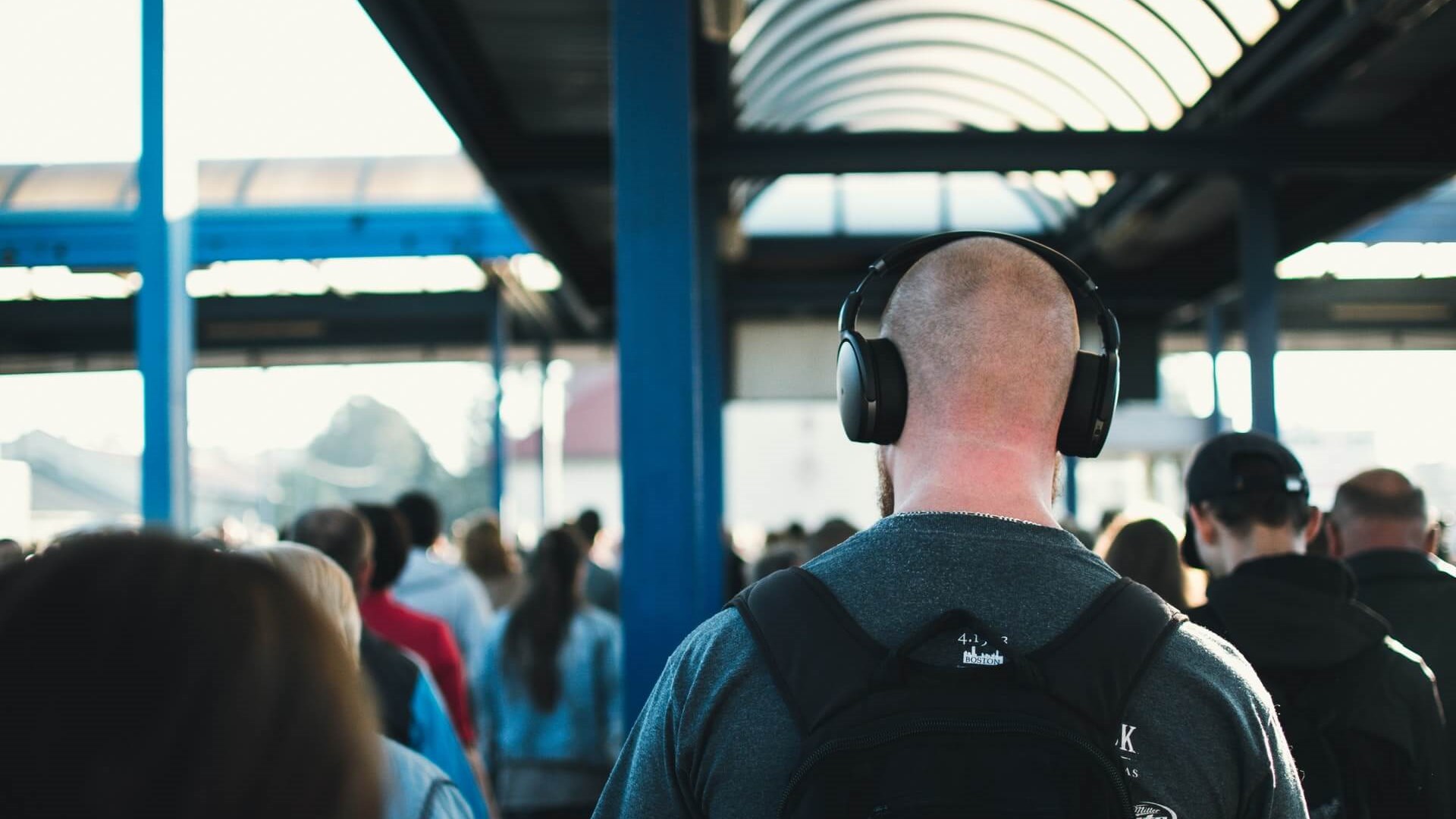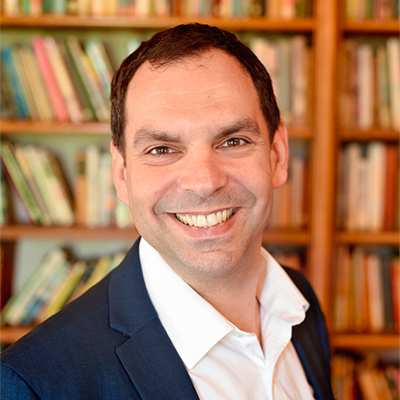
The manosphere and our clients’ mental health
As a psychosexual and relationship psychotherapist, I regularly see clients struggling in their relationships and sex lives. Sometimes these issues are maintained by a bigger, unspoken problem: the manosphere.
What is the manosphere?
The manosphere is made of online spaces where people share misogynistic worldviews. Patriarchy, misogyny and heteronormativity infiltrate every part of people’s intimate relationships. When people engage in the manosphere, these worldviews are encouraged and grow exponentially to the extent that they end up believing their worldviews are their identity, further encouraging misogyny, heteronormativity, homophobia and, unfortunately, promoting violence against people of the LGBTQIA+ community and marginalised groups. Some may also become aggressive when exposed to opinions that contradict those promoted in the manosphere.
The manosphere is not lurking in some dark corners of the web. It is hiding in plain sight on all our favourite social media platforms such as Instagram and Tik Tok. It can also be found on online forums – such as NoFap – that claim to help people beat their “porn addiction” and masturbation habits.
Are influencers selling extreme masculinity to young men?
It is easy for young people to access the manosphere by following some popular influencers who are members of the manosphere.
This is how those promoting toxic masculinity and hate against women, became popular and dangerous influencers. Some years ago, a man called Hunter Moore was very popular for posting revenge porn online and inciting sexual violence against women, as documented in the Netflix programme The Most Hated Man on the Internet.
The power of those influencers is much stronger than the feeble sex and relationship education we provide in our schools. Young people are searching for their sense of self and are curious about their bodies, sex, pleasure and intimate relationships. Online platforms such as Instagram and Tik Tok are where young people go to find answers. Our young people are left without any guidance when navigating the vast world of social media, the very place where those dangerous influencers thrive.
When we think about how big the manosphere is and how popular the influencers within it are, we need to ask ourselves the more uncomfortable question: why does it exist in the first place? Why do those influencers gain so many followers?
The uncomfortable answer is that those influencers share damaging worldviews that are already ingrained in our society, so they sound familiar. Patriarchal and unhelpful messages about masculinity are so normal in our society that they are undetectable: Disney cartoons, fairy tales, how we tell our boys not to cry, how we tell our girls to be cute, combined with poor sex and relationship education.
Can things change for the better?
If we want to stop the manosphere from causing harm, we need to change the patriarchal beliefs our society is made of. As therapists, we are in a privileged position to help with the change. We need to listen carefully to all the patriarchal messages underneath our clients’ narratives and gently challenge them. Each of these clients will develop a more authentic sense of self and will raise their children differently, and, over time, we can help with making a better and safer world for all.
Are you worried about a young person, or about your own world views? Psychotherapy may be the right space for you to explore your perceptions of the world around you.
If you’re interested in exploring therapy and looking at how to choose a therapist, we’ve put together some helpful advice.
Share
Like most websites, we use cookies. If this is okay with you, please close this message or read more about your options.


